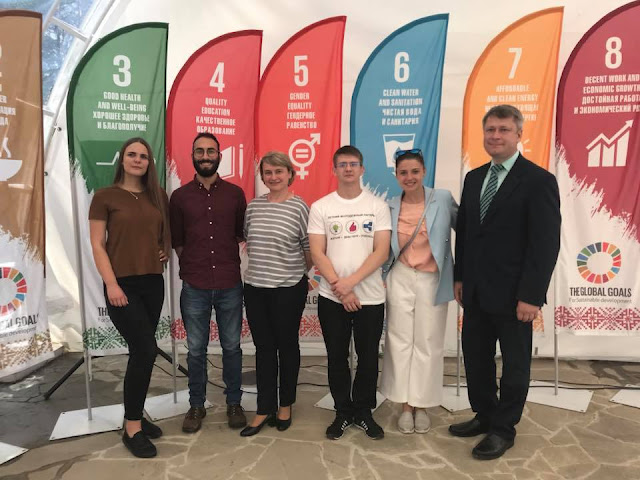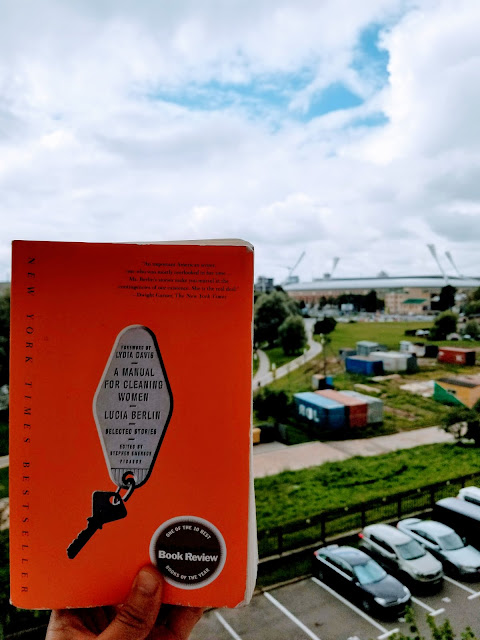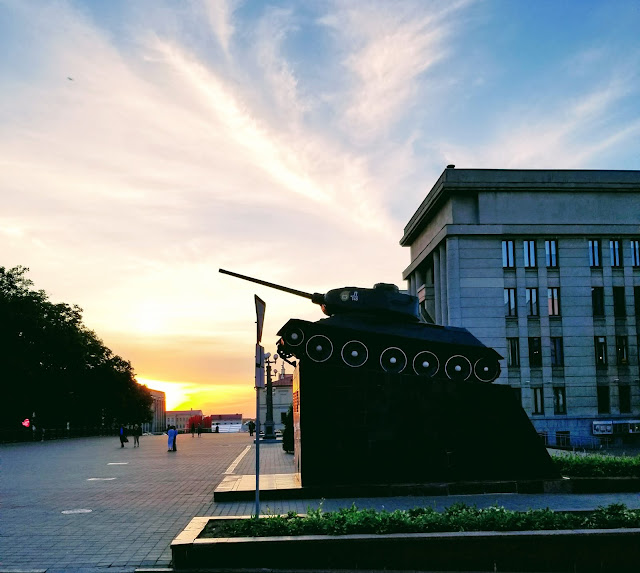My work in the UNFPA Belarus

The UNFPA Country Office in
Belarus The UNFPA Country Office in Belarus is full of committed people
who is actively working to contribute to the 2030 Agenda for Sustainable
Development to strengthen and continue with the progress made in terms of
sexual and reproductive health services (SRHS) and reproductive rights for all.
It has worked with various stakeholders in order to increase the prevalence of
modern methods of contraception; support in the strengthening of the capacities
of service providers in areas such as prevention of domestic violence, the
expansion of the outreach of sexual and reproductive health service providers;
and to foster and sustain durable partnerships between the state, civil
society, and private sector in order to advance in the achievement of UNFPA’s
goals.
The UNFPA in the country has proposed
some ambitious goals. As part of the middle-income countries, Belarus needs to
shift to advocacy, policy dialogue and advice, and to generate evidence and
objective information for policy design. Its work should also focus on
providing technical assistance in areas like sexual and reproductive health
policies and strategies, strengthen the policy and capacity of SRHS,
information, and education.
I
have seen and experience the enormous advances that the UNFPA in
cooperation with other UN agencies in the country have achieved in terms of
SRHS. They also have expressed that young people are one of the most
vulnerable groups in the country and accepts that cultural, social, and
political constraints are impeding factors for their development and an
obstacle for the achievement of the agency’s mandate among this group. In order
to achieve their full potential, adolescents and youth need to have access to
comprehensive sexuality education as well as reproductive and health services.
They also need to find spaces of empowerment to become partners in development
and to have effective channels of dialogue between the government and the civil
society to facilitate and boost their participation in decision-making
processes regarding their lives. Nonetheless, they have recognized that
they are having some obstacles reaching young people and decentralizing their
efforts from a mere SRHS perspective.
Just as I'm about to start my third month here, I've come to get familiar
with the general situation and conditions of youth in Belarus. I'm always very
cautious to make assumptions about a reality that is not mine and since I've
been entrusted to come to a strategy and general recommendations to enable the
UNFPA Belarus country office to address and expand their work on youth
empowerment. I know that I have a great responsibility upon my shoulders and
I'm taking it seriously.
As an strategy, first I wanted to know first-handedly what youth in
Belarus think are the main challenges they face and that prevent them from
developing a proper sense of ownership of their own lives. I met with several
youth-led organizations, international and local organizations working with and
for the youth in the country, numerous UN agencies, universities, government,
and some independent regional census institutions. Thanks to this I realize the
numerous obstacles that, first the government and second the cultural and
social realities impose to adolescents and young people. I know some things are
structural and cannot be changed from one day to another, but through
strategies aimed to behavioral change there can be a probably slow but gradual
improvement. I'm still working on the report I want to deliver and I think my
main challenge is the lack of time I have to address everything that I consider
important.
As I hear from and work alongside committed people, I have the
opportunity to make a personal reflection of what I can do, from an
organization or on my daily life, to facilitate the resources to bring the
opportunity to vulnerable groups to empower themselves. This is something that
I most definitely will bring to my professional experience from this moment on.


Comentarios
Publicar un comentario